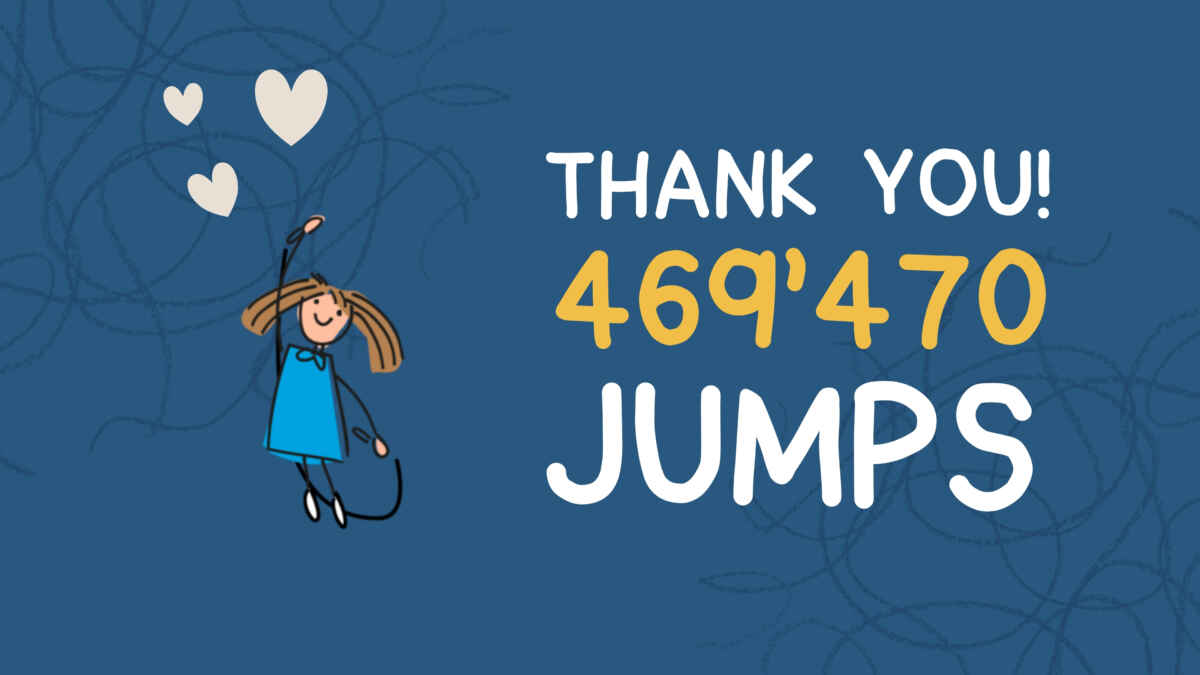The Swiss Paediatric Oncology Group SPOG is offering access to a study that is seeking to improve the treatment of children with Down syndrome who have myeloid leukaemia. The objective of the study is to increase the tolerability of chemotherapy while maintaining the good survival rate.
Children with Down syndrome (DS) have a 150-fold greater risk of developing myeloid leukaemia (ML) before their 5th birthday than children of the same age who do not have DS. Their prognosis is better in comparison with children with cancer who do not have Down syndrome, but they are more sensitive to cytotoxic medicines, i.e. their risk of developing complications related to therapy is greater. In the past this led to therapy-related deaths and a generally higher rate of mortality related to therapy.
Against this background, the ML-DS 2018 study is seeking to reduce the toxicity of chemotherapy without having a negative impact on the good results of this therapy. In this study, part of the conventional chemotherapy is replaced by the newly developed medicine CPX-351, in which the active substances are packaged into tiny lipid spheres (liposomes) so that they can be transported specifically into the leukaemia cells, while at the same time reducing the side effects of the substances. Patients with a very good early response to therapy are treated with a lower dose in the last phase of chemotherapy. The intention here is ultimately to reduce therapy-related mortality without impairing the overall good prognosis.
Dr Nicole Bodmer is the lead investigator in the study in Switzerland. She is a consultant at the University Children’s Hospital in Zurich and is overseeing several studies for which SPOG is responsible in Switzerland in conjunction with international research partners. The Society of Paediatric Oncologists and Haematologists (GPOH) in Germany is responsible for the international implementation of the study.
Further information on the ML-DS 2018 study can be found here.
«Cooperation and exchange within an international research network is particularly important for rare diseases like ML-DS. Standardised therapy guidelines ensure quality-assured diagnosis and treatment and a uniform therapeutic standard for a rare disease even in hospitals that have little experience with this specific disorder.»
Dr Nicole Bodmer
Consultant and head of the national leukaemia centre at the University Children’s Hospital in Zurich.






